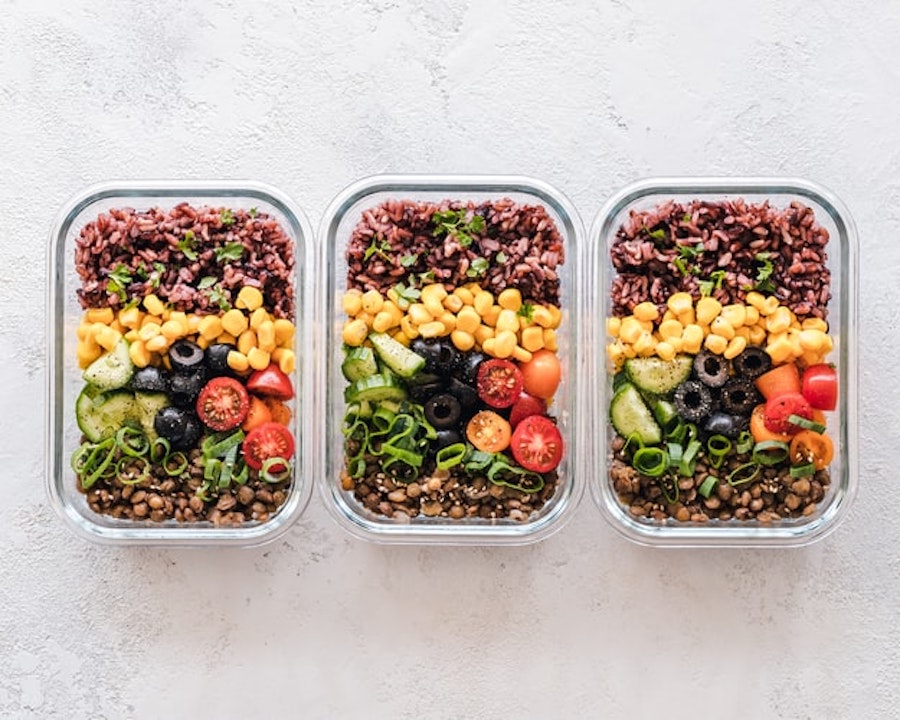USDA Extends Free School Lunch Program
April 30, 2021
On Apr. 20, the U.S. Department of Agriculture (USDA) announced it would extend its free school lunch program for every K-12 student through the 2021-2022 school year. It was originally supposed to extend to September 30, 2021, but will now extend to June 30, 2022.
“I do think that this was a good decision. The U.S. should have permanently universal free school lunches. This is so important because although public school may be free, many cannot afford school lunch, forcing students to pay a high price for food,” said Olivia Lucas (’23).
Child nutrition waiver programs were implemented last year to assist with the layoffs from the COVID-19 pandemic. The waivers allowed curbside food pickup for parents with children learning remotely and for children to eat for free outside of normal group settings. This process increases social distancing since children are not required to input their pin on a keypad. The waiver extension also means that teachers will not have to keep track of students’ eligibility.
This should be permanent. I want my tax dollars to fund healthy school lunches and food programs for children.
“School Lunch Debt” should not exist. https://t.co/UrhFT5y5AA
— Reyduh. (@MsReyda) April 21, 2021
The Biden-Harris Administration’s American Rescue Plan Act will provide $12 billion in nutritional assistance. There will be a 15% boost to Supplemental Nutrition Assistance Program (SNAP) benefits. The act will provide food for 34 million children about $375 each for ten weeks during the summer. Additionally, the USDA will provide $900 million for the Special Supplemental Nutrition Program for Women, Infants and Children (WIC) and a temporary increase in fruit and vegetable vouchers to $35 a month.
Schools can serve food from the USDA’s National School Lunch Program Seamless Summer Option (SSO), which is usually only available during the summer. This option emphasizes providing fruits and vegetables, milk, and whole grains. Schools that choose this option will receive higher meal reimbursements for each meal served.
Funded for the summers of 2021 and 2022 by Congress, Parents will receive Pandemic Electronic Benefit Transfer (P-EBT) cards from state agencies. P-EBT takes the value of meals that children do not receive at school and places it on a debit card for parents to use at grocery stores. Children are eligible for the summer extension if they can receive free or low-cost meals during the school year. Children under six who qualify for the SNAP benefit will be automatically enrolled. Beginning in March 2020, P-EBT served 8.4 million families with children at its peak last year. The USDA estimates that the extension of P-EBT will reach more than 30 million children.
“It is so important for people to eat, especially growing children. A lot of the time, people don’t know others’ situations at home. My brother goes to a public school, and at one point last year, he noticed that his friend stopped bringing a lunch to school and that she didn’t have anything to eat. Ever since that day, he packed an extra lunch for her, which she was very appreciative of. Little did we know, her parents were both struggling and weren’t able to pack her a lunch. With this new system, no one should be judged about their home life because the program is available for everyone,” said Aydan Sullivan (’24).
A study from Tufts University found that in 2018, schools had the healthiest source of U.S. food consumption. Compared to 2003-2004, the diet quality for foods has significantly increased.
“Eating and having a source of nutrition is a necessity to human life and should therefore be accessible to everyone, especially children. Without proper nutrition, children can be affected dramatically. Improper meals can lead to issues in school, trouble concentrating, and many other things. That is why it is so important to protect children and help them; they are our future generation, after all,” said Aydan Sullivan (’24).

